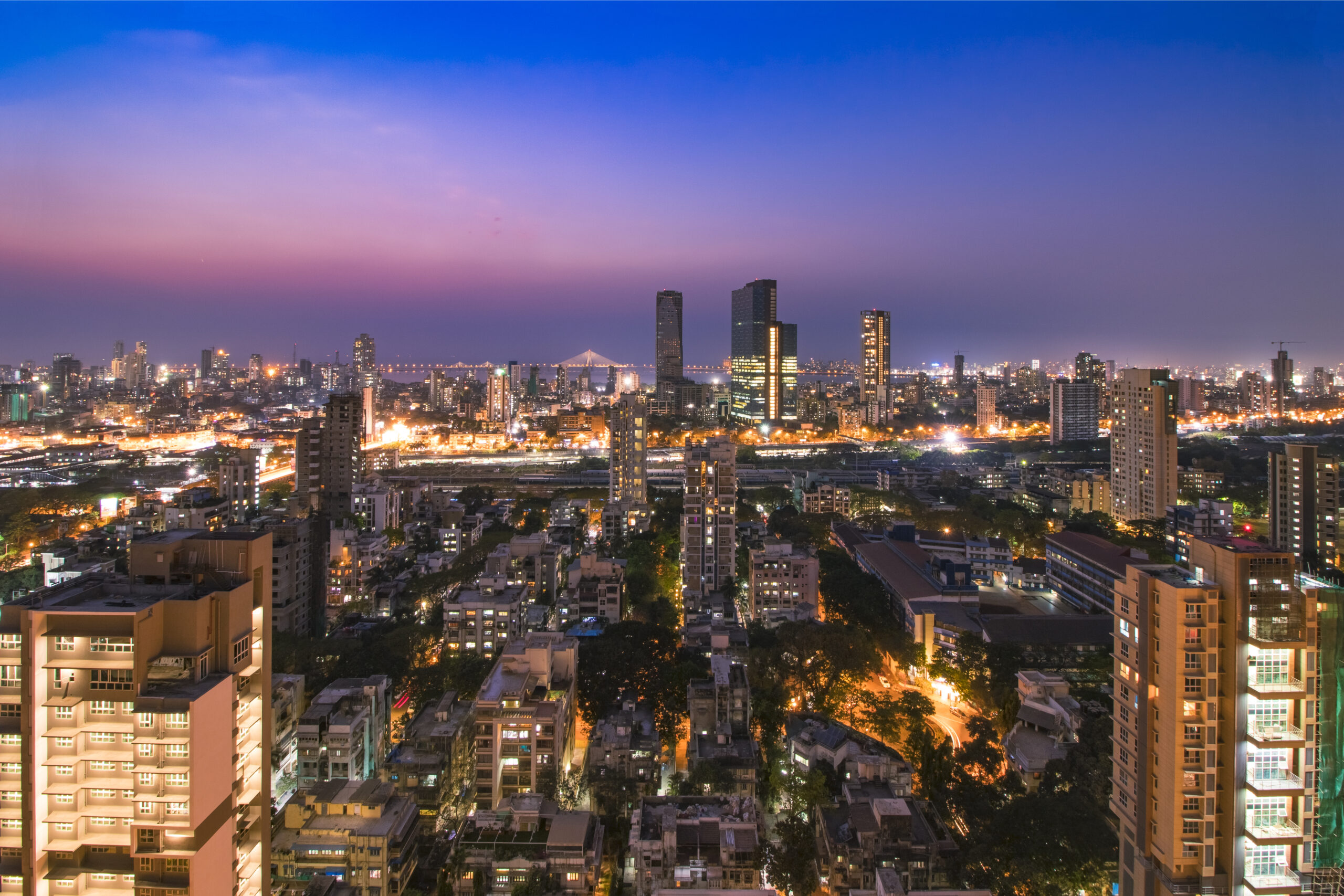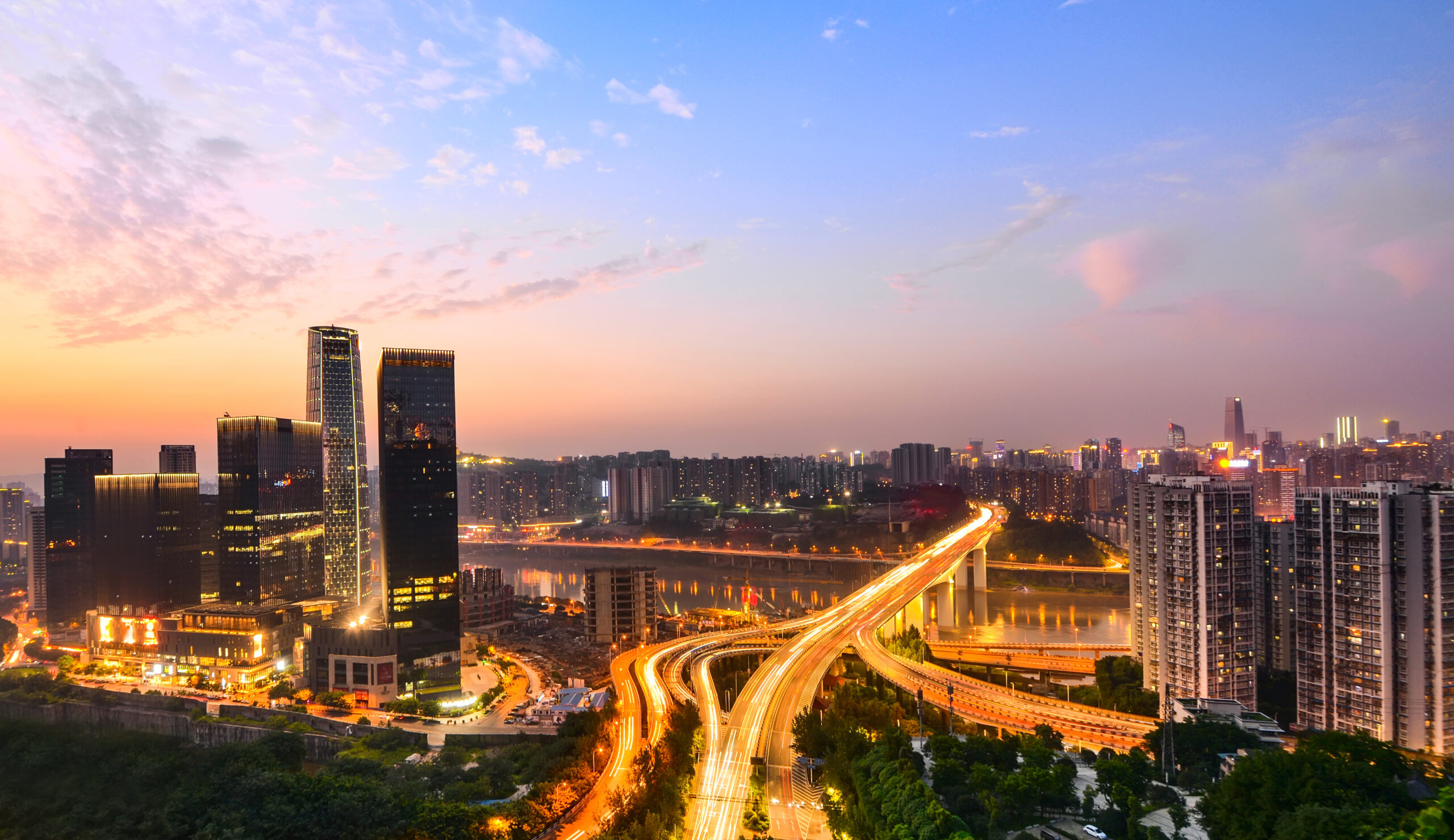How FDI is Driving Growth in the Real Estate Sector: What You Need to Know

We are assuming that you understand the concept of FDI. However, no need to sweat if you do not, as we got you covered. Scroll to the bottom of this blog and read the conversation between an Economics Teacher and his student who is curious about FDI.
Introduction
Foreign direct investment (FDI) has had a significant impact on the Indian real estate sector, bringing in not only funds but also various advantages that drive its expansion and progress. Before the influx of FDI, the Indian real estate market often struggled to secure adequate domestic funds for large-scale projects. FDI acts as a bridge, providing the necessary capital for developing high-quality commercial spaces such as Grade-A office buildings, IT parks, and shopping malls. This not only meets the growing demand for modern workspaces and retail experiences but also enhances the overall infrastructure of Indian cities.
The entry of FDI in the real estate sector is regulated by the Reserve Bank of India (RBI) and the Department of Industrial Policy and Promotion (DIPP). The Foreign Exchange Management Act (FEMA) and FDI policies are the primary regulations governing this area. FDI in the real estate sector is subject to specific guidelines, such as minimum area requirements for development projects and minimum capitalization norms. For example, the development of serviced housing plots requires a minimum land area of 10 hectares.
In addition to providing financial resources, FDI brings a wealth of knowledge and expertise in technology transfer. International investors often introduce cutting-edge technologies in construction materials, design principles, and property management, fostering innovation within the Indian real estate industry. This, in turn, leads to more efficient construction methods, sustainable building practices, and improved property management systems.
The influx of foreign investment often results in increased transparency in the market. Foreign investors typically operate with high standards of corporate governance, influencing domestic players to adopt similar practices. This improves market efficiency by reducing information asymmetry and fostering trust among all stakeholders. FDI serves as a catalyst for the development of specialized real estate segments that cater to specific needs, such as logistics parks for the e-commerce industry, senior living facilities, or specialized healthcare facilities. This diversification creates new investment opportunities and leads to a more mature and well-rounded real estate market.
The real estate boom fueled by FDI creates a ripple effect throughout the economy. Increased construction activity translates to more jobs for skilled and unskilled workers, leading to higher disposable incomes and greater consumer spending. This stimulates growth in allied sectors like manufacturing of building materials, furniture, and interior design services. Global investors are increasingly prioritizing sustainability in their projects. This involves focusing on energy-efficient designs, the use of recycled materials, and integrating green spaces. The emphasis on sustainability is poised to have a positive long-term impact on the Indian real estate sector, driving the development of eco-friendly buildings and townships.
Challenges and the Way Forward

While foreign direct investment (FDI) presents numerous benefits, it’s crucial to recognize the challenges it brings. Unrealistic return expectations or unregulated speculation from foreign investors can result in market bubbles. Hence, the government must strike a delicate balance between attracting foreign capital and ensuring a level playing field for domestic players. Moreover, the establishment of robust regulatory frameworks is essential to prevent potential misuse of funds. Investors should also take into account the lock-in period restrictions before repatriating their original investment.
With a growing economy and supportive demographics, India remains one of the most attractive markets for FDI in real estate. The sector is projected to draw in more foreign investment, further propelling its growth.
FDI Trends in Hyderabad Real Estate

Hyderabad, the capital city of Telangana, has been experiencing a notable increase in Foreign Direct Investment (FDI), particularly in the technology and real estate sectors. Of all the major Indian states, Telangana, with Hyderabad at its nucleus, was the only one to witness a year-on-year surge in FDI inflows in Q1 2023. The state’s FDI inflow soared by 61 percent over the same period in the previous fiscal year, reaching INR 68.29 billion (US$820.35 million). However, despite the increase in Q1, there was a decline in total FDI in the fiscal year 2022-23, with the state receiving US$1.30 billion. This reflects the mounting momentum of Hyderabad.
Notably, Hyderabad houses operational Special Economic Zones (SEZs) with leading IT companies like Wipro Limited, Satyam Computers Services Ltd., and Tata Consultancy Services, which have played a crucial role in attracting FDI. The Hyderabad Gems SEZ is another operational zone contributing significantly to the FDI influx.
Also read : Real Estate Investment in SEZs – The Good & Bad
Furthermore, the Startup India program provides incentives and tax benefits to startups, fostering their growth and making the tech and innovation sector an appealing investment prospect for foreign investors. Simplified processes such as single-window clearance and the implementation of the Goods and Services Tax (GST) have alleviated the bureaucratic burden on businesses, enhancing the ease of doing business.
Explaining Foreign Direct Investment (FDI)

Student A: “Sir, can you explain Foreign Direct Investment (FDI) again? It sounded interesting, but there were a few things I didn’t quite grasp.”
Teacher smiles and says “Excellent question. FDI is a crucial concept for understanding India’s economic growth. Imagine having a fantastic idea for a new phone app, but you lack the funds to develop it. That’s where FDI comes in.”
Student A: “So, it’s like borrowing money?”
Teacher: “Not quite. With a loan, you have to pay it back with interest. FDI is an investment. A foreign company, let’s call it a global sports brand, sees potential in your app and decides to invest directly in your company.”
Student B: “But why would they do that?”
Teacher: “Great question. The foreign company might see India’s large, young population as a perfect market for your app. They invest money, expertise, and maybe even technology to help you grow. In return, they get a share of your company’s profits and a foothold in the Indian market.”
Student A: “So, it’s a win-win?”
Student B: “How about these companies taking away business from Indian companies?”
Teacher: “Yes, it is a win-win. Also, the government regulates FDI to ensure fair competition. But even established Indian companies can benefit from the competition. It pushes them to innovate and become more efficient. The government monitors FDI to ensure a healthy balance. There are also restrictions on certain sectors deemed strategically important.”
FAQ
India remains a favored destination for global investors. UNCTAD’s World Investment Report 2023 ranked India third for attracting FDI for new greenfield projects in 2022.
Though Singapore and the US remain major sources, Mauritius has emerged as a top source of FDI equity inflows in recent years.
The services sector (including finance, banking, insurance, and IT) continues to be a major recipient of FDI, followed by drugs & pharmaceuticals, construction (infrastructure), and renewable energy.












